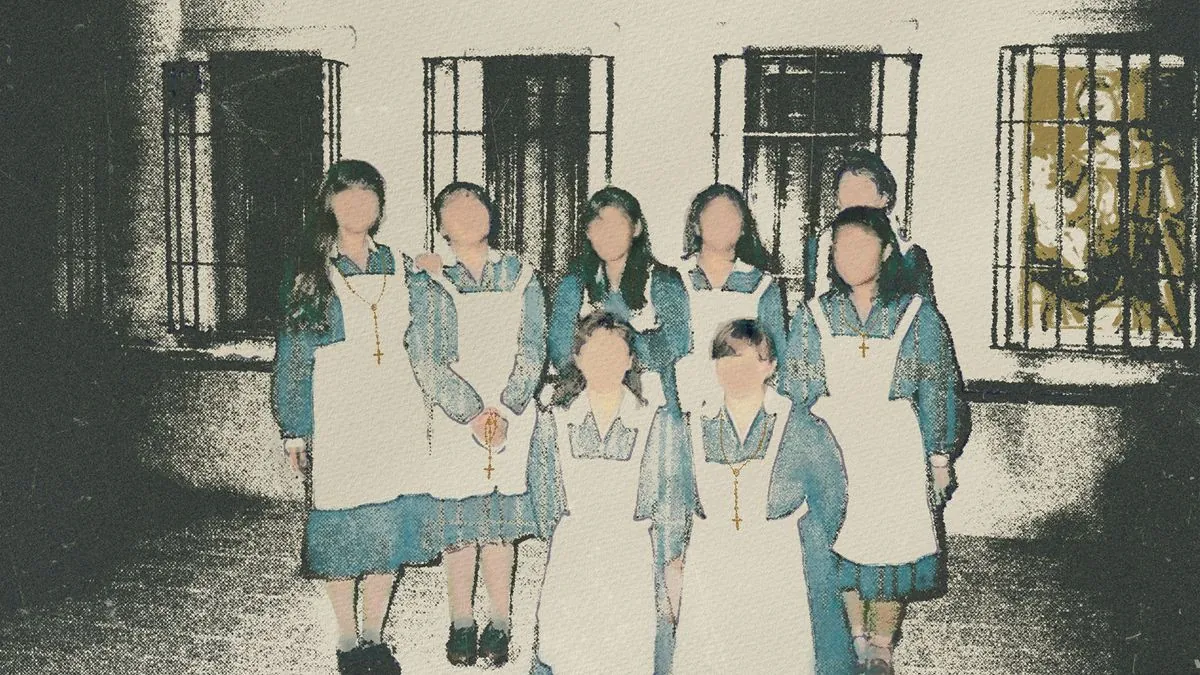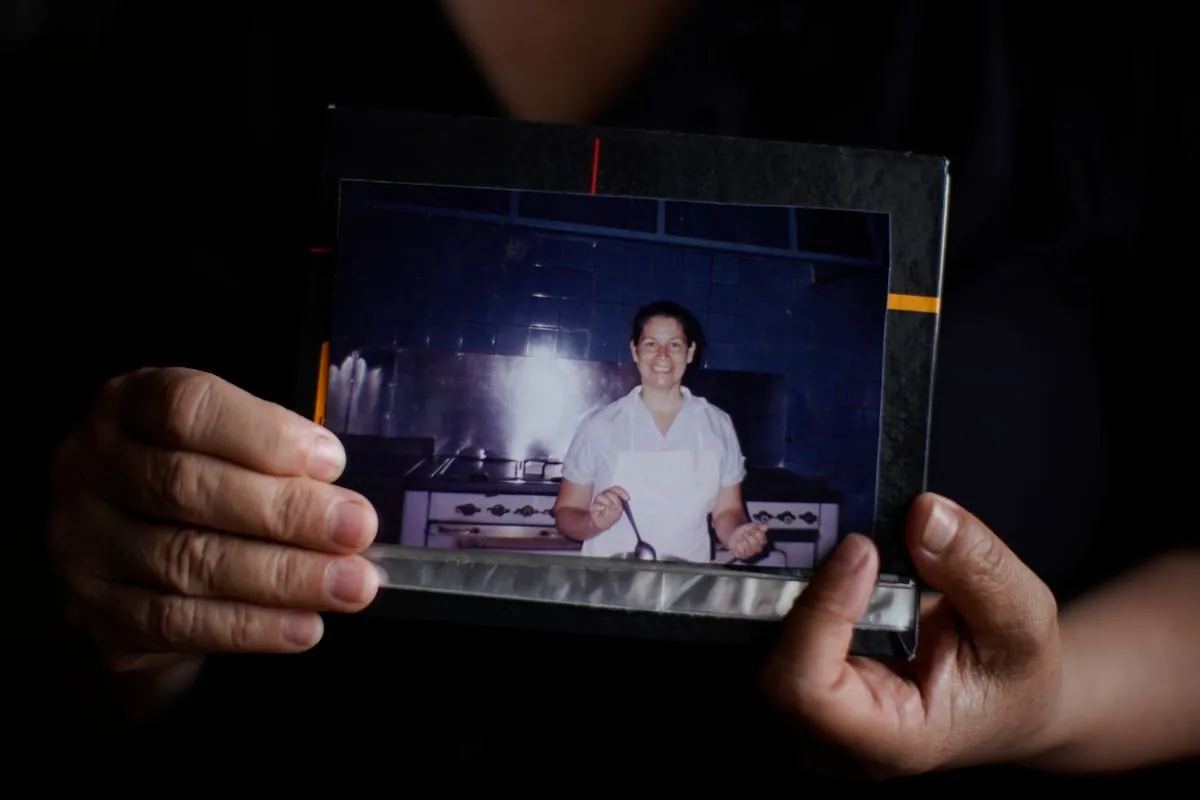Opus Dei Leaders Face Criminal Probe in Argentina for Alleged Exploitation
Argentine prosecutors seek investigation into Opus Dei leadership for human trafficking and labor exploitation. At least 44 women allegedly recruited for domestic work under false pretenses. Opus Dei denies accusations.

Argentine prosecutors have determined that there are sufficient grounds to initiate a criminal investigation into the highest-ranking officials of Opus Dei in South America. The inquiry focuses on alleged human trafficking and labor exploitation involving at least 44 women recruited for domestic work between 1983 and 2015.
The investigation targets former vicars and regional councilors of Opus Dei in Argentina, Paraguay, Uruguay, and Bolivia. Those under scrutiny include Carlos Nannei, Patricio Olmos, and Víctor Urtizarrazu, who served as vicars during different periods. Additionally, Gabriel Dondo, the former regional secretary overseeing the organization's female section until 2015, is also subject to investigation.
Opus Dei, founded in 1928 by Spanish priest Josemaría Escrivá, is a prominent Catholic organization with 90,000 members across 70 countries. The group, which enjoys a unique status within the Church and reports directly to the pope, aims to promote the idea that work and daily activities can be paths to holiness.
Prosecutors allege that from the early 1970s to 2015, Opus Dei officials established a system for recruiting young women, often from low-income rural backgrounds, under the guise of offering training and improved job prospects. These women were reportedly subjected to a rigorous regime of spiritual and professional training, with some assigned to lifelong domestic tasks in Opus Dei centers both domestically and internationally.

The investigation centers on four cases that align with Argentina's current human trafficking laws. Some complainants have reported working under illegal conditions, including 12-hour workdays without breaks, lack of social security registration, and other basic rights violations.
Opus Dei in Argentina has vehemently denied the accusations, stating, "We categorically deny the accusations of human trafficking and labor exploitation." The organization claims that the allegations misrepresent the training received by some women and the freely chosen vocation of numerary assistants.
"This is a totally false accusation."
Many of the women involved have requested dispensation, citing intolerable physical and psychological demands during their years of service. Upon leaving Opus Dei, many found themselves without financial resources and in need of psychological treatment.
The next step in the legal process involves a federal judge deciding whether to grant the prosecutors' request to summon the former vicars for testimony. Opus Dei Argentina has affirmed its commitment to cooperate fully with the justice system to clarify the facts and resolve the situation fairly and transparently.
This investigation sheds light on the controversial aspects of Opus Dei, an organization that has faced criticism for its perceived secrecy and conservative practices. While the group emphasizes the sanctification of ordinary life and has been involved in various charitable projects, it has also been accused of elitism and seeking influence in secular institutions.
As the legal proceedings unfold, the case raises important questions about religious organizations' responsibilities and the potential for abuse within their structures. The outcome of this investigation could have significant implications for Opus Dei's operations and reputation in South America and beyond.


































